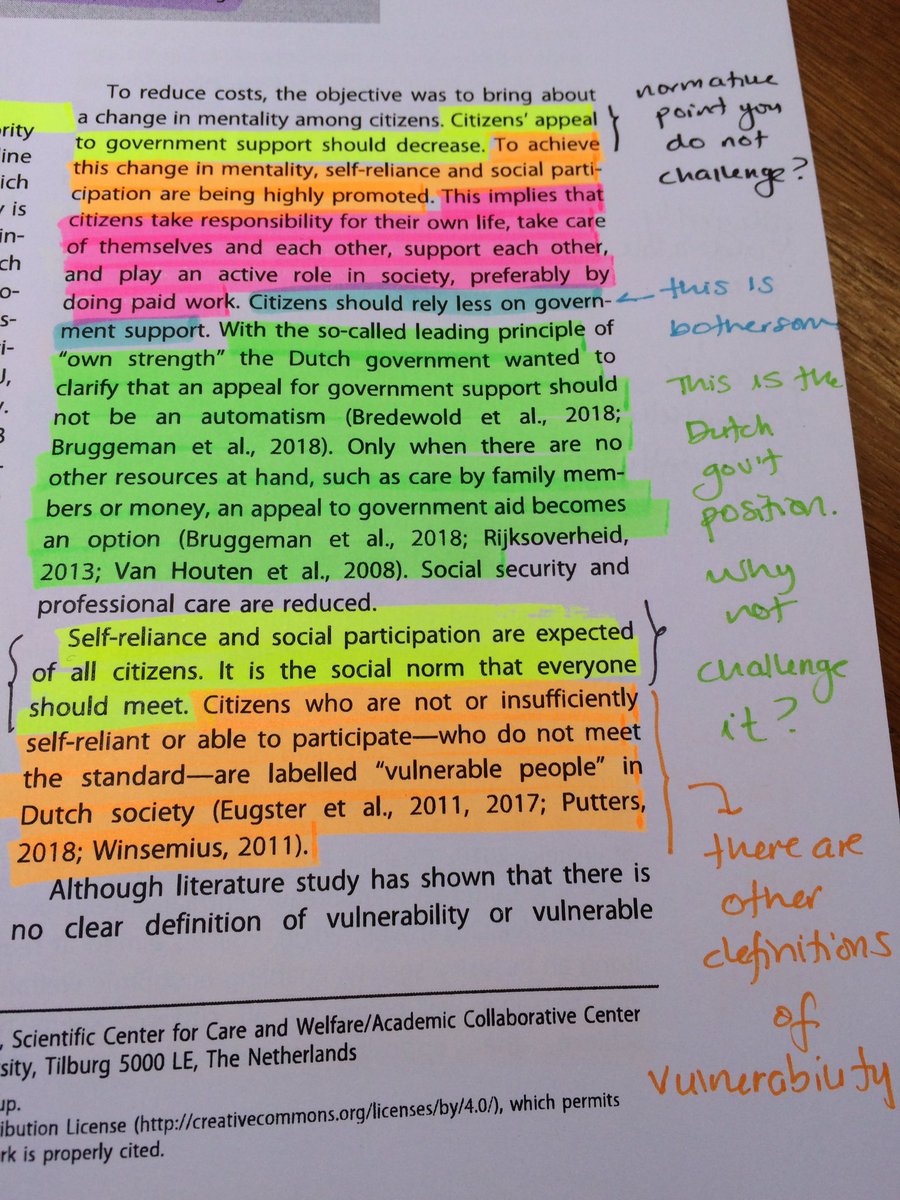
I am going to be teaching a workshop on how to write more strategically (basically, how not to beat ourselves up when we are not writing and how to make goals more realistic, particularly during a pandemic).
I have identified these challenges within myself, on this very topic.
I have identified these challenges within myself, on this very topic.
1) I have a trillion things to do, and I feel overwhelmed by the sheer number of commitments I still have, despite having said NO to about a gazillion.
2) I have a full day of writing, and somehow, I am neither inspired, nor do I feel physically well enough to write.
2) I have a full day of writing, and somehow, I am neither inspired, nor do I feel physically well enough to write.
3) The sequence of projects I NEED to tackle is different from that of those I WANT to tackle.
4) Everything is taking WAY longer than I expected it to, particularly with so many Zoom meetings that end up draining me of energy.
5) Care- and home-work are taking A LOT OF TIME.
4) Everything is taking WAY longer than I expected it to, particularly with so many Zoom meetings that end up draining me of energy.
5) Care- and home-work are taking A LOT OF TIME.
6) Pandemic burnout is very real. I felt it about two weeks ago and I am feeling it now, despite having said NO to basically everything.
I mention these challenges for transparency, and because I want everyone to know that what we are facing is unprecedented and awful.
I mention these challenges for transparency, and because I want everyone to know that what we are facing is unprecedented and awful.
While you're probably tired of speaking about this, it would be helpful to me (and to the attendees of this workshop) to hear from you on how you're struggling with time and project management during a pandemic where The System(TM) appears to be operating "As If Normal"
• • •
Missing some Tweet in this thread? You can try to
force a refresh













